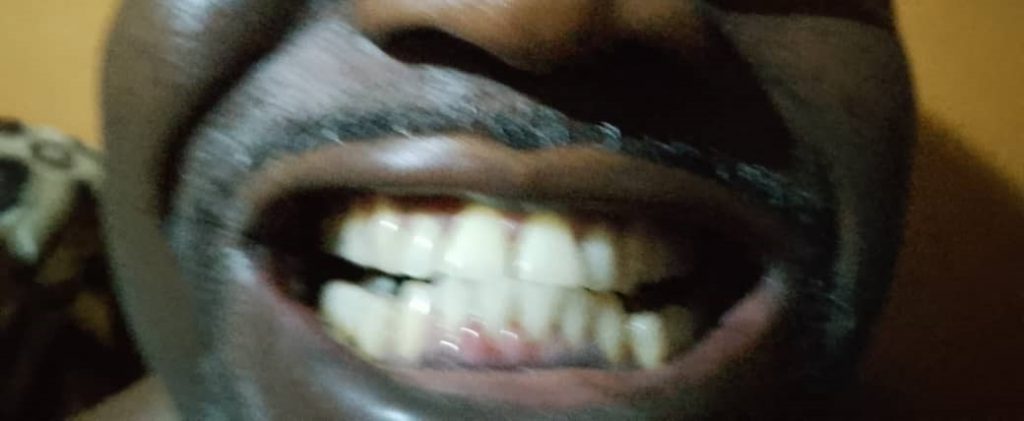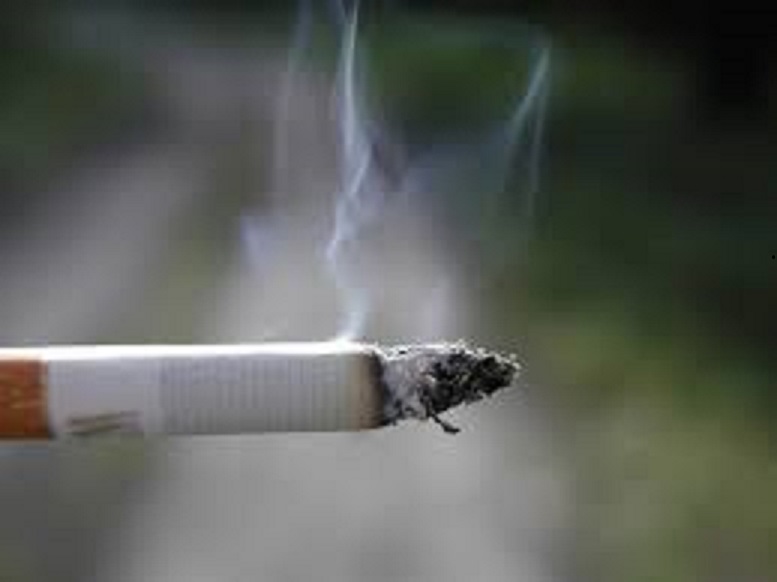
Photo credit: Adetunji Faleye
Good teeth demand being deliberate about it. Right from childhood mothers need to pay serious attention to the teeth of their children. Failure to do that will make the teeth look horrible, smelling and decaying. Why we need to take care of our teeth because they are the signpost of the entire body, disfigured, decayed and smelling teeth are an irritant at any time.
As individuals, we need to take care of our teeth and maintaining good oral hygiene is crucial for keeping our teeth healthy and preventing dental problems. Here are some tips for maintaining our teeth:
Brush your teeth regularly: Brush your teeth at least twice a day, preferably in the morning and before bed. Use a soft-bristled toothbrush and fluoride toothpaste. Brush gently in circular motions and make sure to cover all surfaces of your teeth.
Floss daily:
Flossing helps remove plaque and food particles from between your teeth and along the gumline. Take a piece of dental floss and gently slide it between each tooth, moving it up and down. This helps prevent cavities and gum disease.
Use mouthwash
Mouthwash can help kill bacteria, freshen your breath, and reach areas that your toothbrush may miss. Look for an antimicrobial mouthwash that contains fluoride.
Maintain a balanced diet
A healthy diet plays a significant role in oral health. Limit your intake of sugary and acidic foods and drinks, as they can contribute to tooth decay. Instead, opt for a balanced diet rich in fruits, vegetables, lean proteins, and whole grains.
Avoid tobacco products
Smoking or chewing tobacco can lead to stained teeth, bad breath, gum disease, and even oral cancer. Quitting tobacco is one of the best things you can do for your oral and overall health.
Limit alcohol and coffee consumption
Excessive alcohol consumption can erode tooth enamel, and coffee can stain your teeth. Moderation is key. If you do consume these beverages, rinse your mouth with water afterwards.
Drink plenty of water
Water helps wash away food particles and bacteria in your mouth and keeps your mouth hydrated. It also helps stimulate saliva production, which plays a vital role in protecting your teeth from decay.
Visit your dentist regularly
Regular dental check-ups are essential for maintaining good oral health. Dentists can detect early signs of dental problems, clean your teeth professionally, and provide necessary treatments or recommendations for maintaining healthy teeth and gums.
Effects of Bad Teeth
Having bad teeth or poor oral health can have several negative effects on your overall well-being. Here are some common effects of bad teeth:
Tooth decay
Poor oral hygiene can lead to tooth decay, also known as cavities or dental caries. When plaque, a sticky film of bacteria, builds up on your teeth, it produces acids that attack the tooth enamel, causing decay. Untreated tooth decay can lead to pain, infection, and tooth loss.
Gum disease
Neglecting oral hygiene can result in gum disease, also called periodontal disease. It starts with gingivitis, which causes inflamed and bleeding gums. If left untreated, it can progress to periodontitis, where the gum tissues and bones that support the teeth are damaged. Gum disease can lead to tooth loss and has been linked to other health issues such as heart disease and diabetes.
Bad breath
Poor oral hygiene can contribute to persistent bad breath, also known as halitosis. Bacteria in the mouth produce foul-smelling gases, and if not properly cleaned, they can cause an unpleasant odour.
Stained and discoloured teeth
Regular consumption of certain foods and drinks, such as coffee, tea, red wine, and tobacco products, can stain and discolour your teeth. Poor oral hygiene can exacerbate this problem, leading to a less attractive smile.
Pain and discomfort
Toothaches and dental pain are common consequences of bad teeth. Tooth decay, gum disease, and other dental issues can cause pain and discomfort, making it difficult to eat, speak, and carry out daily activities comfortably.
Impact on appearance and self-esteem
Bad teeth can have significant impact on your appearance and self-esteem. Discoloured, decayed, or missing teeth can affect your smile, facial aesthetics, and confidence. It may make you self-conscious about your teeth and lead to social and emotional consequences.
Difficulty in chewing and speaking
Damaged or missing teeth can affect your ability to chew food properly, leading to digestive issues and poor nutrition. Additionally, dental problems can impact speech, making it challenging to pronounce certain words or sounds correctly.
Overall health risks
Poor oral health has been linked to various systemic health problems. Studies have found associations between gum disease and conditions like heart disease, diabetes, respiratory infections, and complications during pregnancy. While these connections are still being researched, maintaining good oral health is crucial for overall well-being.
It’s important to note that these effects can vary in severity depending on the extent of dental problems and individual circumstances. Regular dental care, including brushing, flossing, and dental check-ups, can help prevent these issues and promote good oral health.
Remember, taking care of your teeth is a life-long commitment. By following these practices and maintaining good oral hygiene habits, you can enjoy a healthy smile and reduce the risk of dental issues.
What’s your though about this story?
Kindly like and share.





















